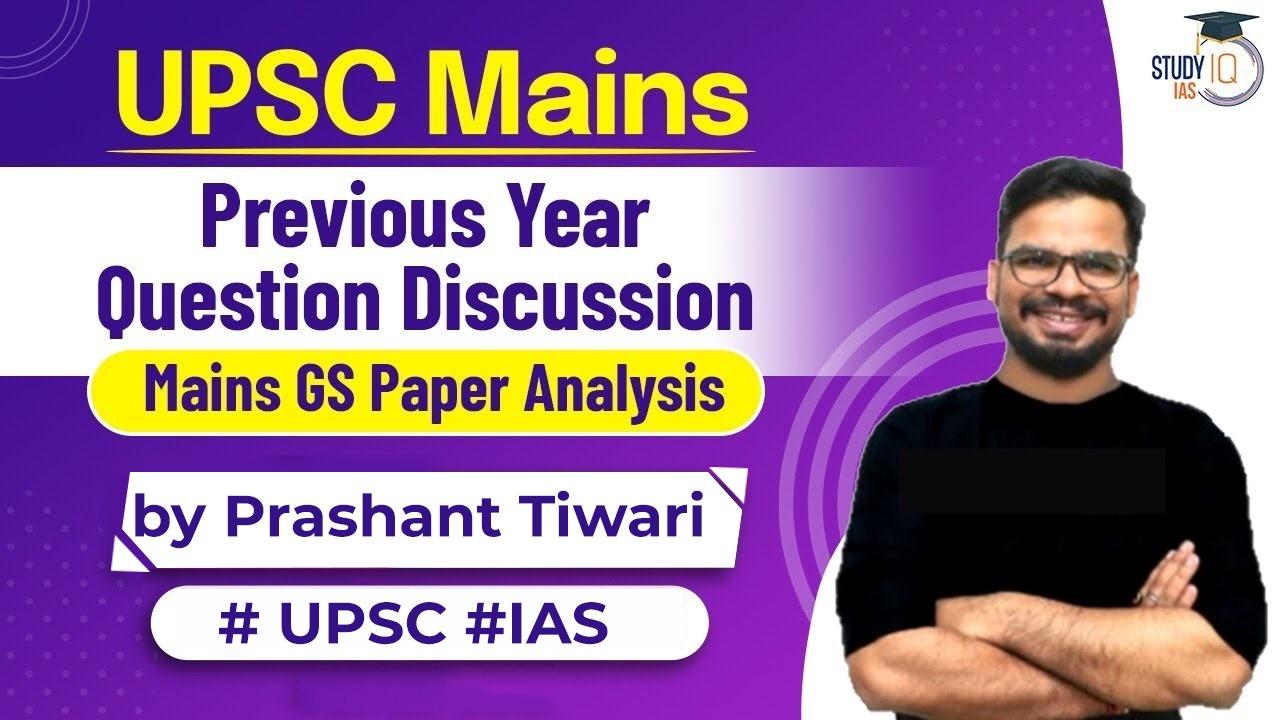Q.) Evaluate the nature of the Bhakti Literature and its contribution to Indian culture. (Answer in 150 words) (10 Marks)
General Studies-I : (Indian Heritage and Culture, History and Geography of the World and Society)
Answer -:
- The term ‘Bhakthi’ refers to ‘devotion’. As a movement, it emphasized on the mutual intense emotional attachment and love of a devotee toward a personal god and of the god for the devotee. This movement originated in South India in the 7th and 10th CE, mostly in the poems of Alvars and Nayanars. These poems were composed in Tamil; the poems were addressed to Lord Vishnu and Lord Shiva respectively.
- Bhakti soon spread to North India, appearing most notably in the 10th-century Sanskrit text the Bhagavata-Purana. It swept over east and north India from the 15th century onwards, reached its peak between the 15th and 17th century CE.
Nature of Bhakti Literature:
- Shift to spiritual themes.
- It introduced simple and accessible styles.
- Sizeable body of literature in regional languages like Awadhi, Bhojpuri, Punjabi, Maithili etc.
- It used simple regional languages for spreading the ideas.
- It gave Inter-regional philosophical appeal.
Contribution:
- Important poets of the time were Kabir, Nanak, Mirabai, Jayadeva, Shankaradeva, and Madhavdeva
- They have contributed to Indian culture with several texts and preaching.
- Bhakti literature represents the legacy of a socio-religious reform movement that prevailed from 8th century to 17th century CE. It was characterised by use of local languages and socially inclusive outlook.
Nature of Bhakti literature is as follows:
- Devotional: Kirtana Ghosha of Shankardeva (Vaishnava devotional songs); Thirumurais (Tamil songs in praise of Shiva) etc.
- Non-sectarian: In Bhakti poems, Radha-Shyam is supposed to be the equivalent of Seeta-Ram.
- Inter-regional appeal: Ramacharitsmanas and Hanuman Chalisa written in Awadh gained popularity across the length and breadth of the country
- Inter-Religious harmony: Sufi poetry of Baba Farid was incorporated into Sikhs’ religious canons.
- Unorthodox approach: Guru Nanak in his poems talked about futility of unnecessary rituals and pilgrimages.
- Against elitism: Bhakti literature is marked by use of non-elite elements like regional dialects, inclusion of castes and out-castes, anti-ritual, emphasis on love for God over respect for Him.
Contribution of Bhakti literature to Indian culture:
- Linguistic Development: Development of Marathi, Punjabi and its script Gurumukhi, Assamese etc. occurred due efforts of saints like Tukaram, Sikh Gurus, Shankaradeva etc.
- Indianisation of Islam occurred due to the endeavours of the Sufi saints. For example, contributions of Nizamuddin Auliya, Rahim etc.
- Music and Dance: Use of Bhakti literature for devotional singing in kirtana, Qawwalli, devotional dance such as Sattariya etc.
- Philosophical Growth: Post-Vedanta ideas were explored by Madhvacharya through his Dvaitadvaita, Ramanujacharya in his Vishishta Advaita etc.
- Assimilation of various saints, diverse religious ideas promoted growth in religion.
- Emergence of Sects like Sikhism, Kabirpanth etc.
However, Bhakti literature is also criticized on following grounds:
- The religious and philosophical ideas did not represent a break from orthodoxy.
- It failed to create any political awakening in people.
- It promoted servility through ideas of devotion, and sustained hegemony of hierarchical social structure.
- Bhakti literature provided a breath of relief for masses under conditions of social and political repression. The cultural impact was diverse from music to philosophy and language.






















 WhatsApp
WhatsApp